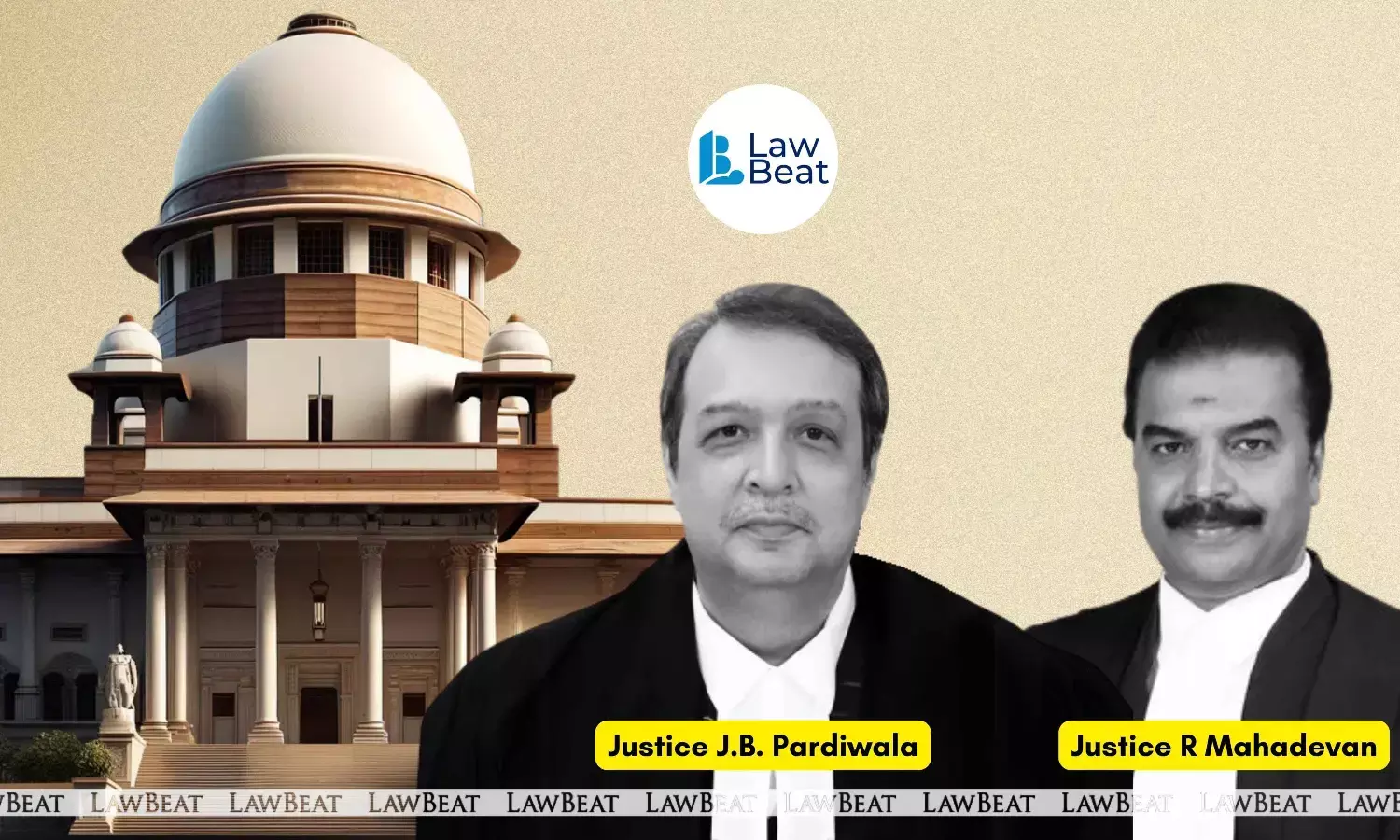Cultivating Tenants Cannot Be Evicted Without Proof of Land Damage: Supreme Court

The Supreme Court of India protects Tamil Nadu's cultivating tenants from unfair eviction by their landlords
The Supreme Court has come to the rescue of cultivating tenants in Tamil Nadu, making it clear that they cannot be easily thrown out of their lands at the behest of landlords.
A bench of Justices J B Pardiwala and R Mahadevan said laws like the Tamil Nadu Cultivating Tenants Protection Act, 1955 were created to shield small farmers from forcible evictions and must be interpreted in their favour.
Court said, "The provisions of the Tamil Nadu Cultivating Tenants Protection Act, 1955 should be interpreted in such a manner that the tenants are ultimately protected and are not thrown out at the instance of the landlords who are always interested to see that the tenants leave...Courts should not allow themselves to become tools for defeating clearly expressed statutory intentions".
The present case reached the top court after the Madras High Court and a revenue court ordered eviction against the tenants. Those courts had relied on a commissioner’s report that accused the tenants of cutting trees, digging pits, and putting up huts on the land, acts which, if proven, could amount to damaging the property under Section 3(2)(b) of the Act. That section allows eviction if a tenant harms the land or abandons cultivation.
The apex court allowed appeals and set aside the orders passed by the Madras High Court and the revenue court. The bench directed that the respondents should not interfere with the possession of the appellants, save and except in accordance with law.
Court found that the appellants had been cultivating the disputed land since the late 1950s and had every reason to safeguard both the land and their crops.
Court referred to beneficent construction, which involved giving the widest meaning possible to the statutes.
"When there are two or more possible ways of interpreting a section or a word, the meaning which gives relief and protects the benefits which are purported to be given by the legislation, should be chosen. A beneficial statute has to be construed in its correct perspective so as to fructify the legislative intent,'' the bench said.
Court emphasised the 1955 Act seeks to protect cultivating tenants from unjust evictions and it is a cardinal principle of law that in case of doubt, such Acts should be interpreted to lean in favour of tenants.
In the present litigation, court was only concerned with the order of eviction passed by the Revenue Court on the strength of the decree that the Civil Court passed.
The Revenue Court relied upon the Court Commissioner’s report and gave a finding that the appellants were responsible for cutting of trees etc, thereby causing damage to the suit land. It was also alleged that the appellants dug pits and constructed huts in the suit land. This, according to the Revenue Court, was in violation of the provisions of Section 3(2)(b) of the Act 1955.
The court noted that the 1955 Act came to be enacted for the purpose of protection from eviction of the cultivating tenants in certain areas in the State of Tamil Nadu. Section 3 provides in what circumstances the landlords shall not evict the cultivating tenants.
Section 3 indicates that no cultivating tenant can be evicted from its holdings or any part thereof at the instance of its landlord, whether in execution of a decree or order of a Court or otherwise, but the same is subject to sub-Section (b).
Sub-Section (b) provides that whoever has done any act or has been guilty of any negligence, which could be termed as destructive of, or injurious to, the land or any crop thereon, then, such a tenant is liable to be evicted and he would not stand protected under the provisions of the Act 1955. Section 3(2)(b) also provides that even if the tenant has stopped cultivating the land, he would lose the protection and would be liable to eviction.
However, after going through the materials on record, the bench found, there was nothing to indicate that the appellants were negligent in any manner or had done any act by which they could be said to have caused damage to the suit land or could be said to have done something, which could be said to be injurious to the land or any crop thereon.
Assuming for a moment that there is something to indicate that the trees were pruned by itself would not bring the case within the ambit of Section 3(2)(b) of the Act 1955, the court held.
"It appears that the Revenue Court mechanically relied upon the Commissioner’s report and passed the order of eviction. The High Court also in exercise of its revisional jurisdiction under Section 115 of the Code of Civil Procedure, 1908, affirmed the order in a very slipshod manner passed by the Revenue Court,'' the bench opined.
The Supreme Court thus held that the High Court committed an error in allowing the Second Appeal filed by the respondents and thereby interfering with the findings of fact recorded by the First Appellate Court in favour of the appellants herein.
Case Title: Govindappa Gounder @ Govindasamy (Dead) Vs K Vijaykumar And Ors
Judgment Date: September 10, 2025
Bench: Justices J B Pardwala and R Mahadevan
